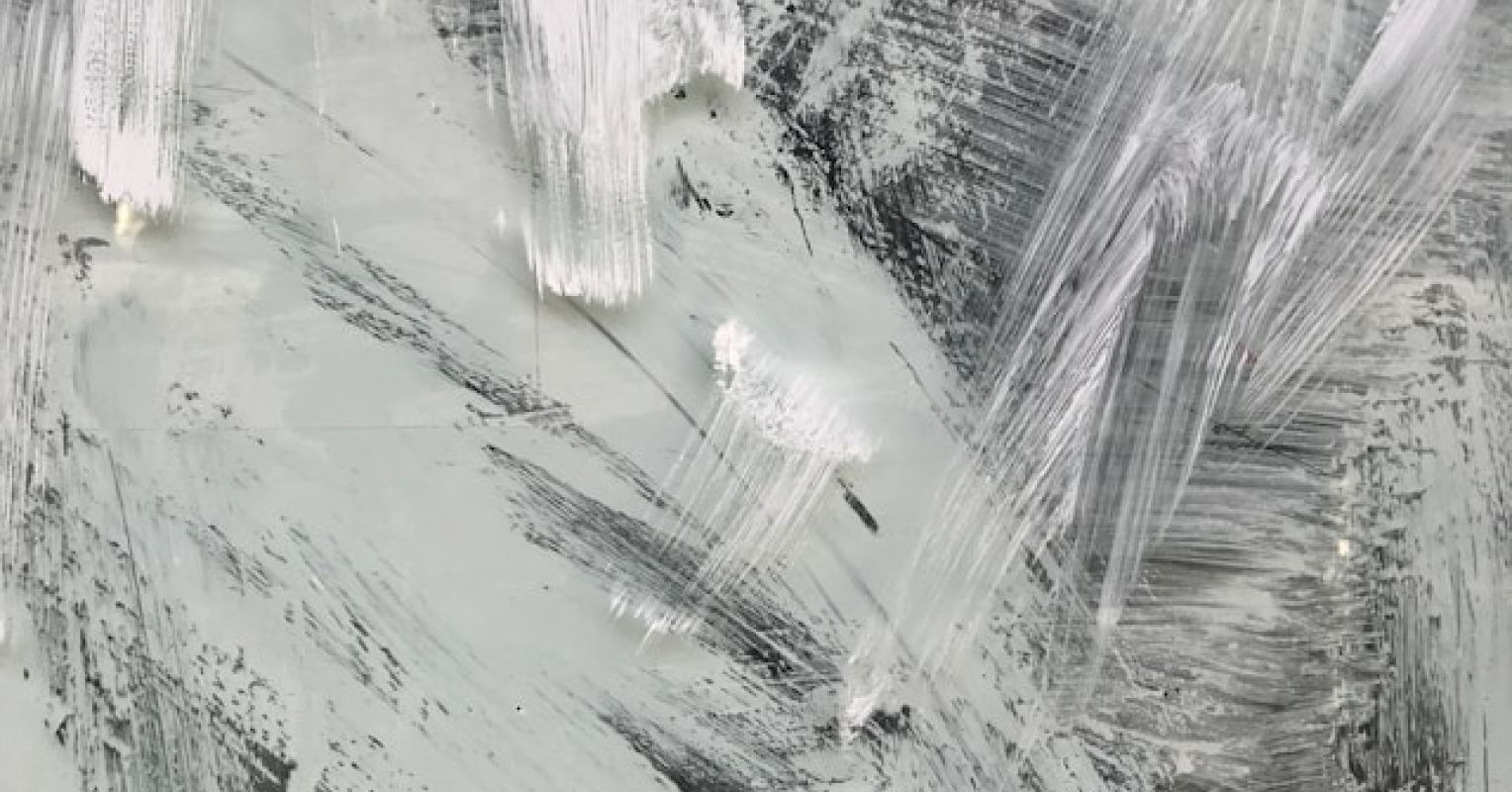
"The word depressive comes from depress, stemming from the Latin depressare, meaning to "press down." For example, we can press down on, or depress, a lever. Whenever you press a key or drive and step on the gas pedal, you engage in a depressing motion. It doesn't mean you were melancholic and sobbing as your foot moved downward on the pedal; it just means you pressed down on it."
"As a state, depressive would refer to a depressive disorder, something episodic. It indeed is marked by a low (i.e., depressed-can you see where the term for the psychological pathology arose from?) or bad mood; changes in sleep, appetite, and energy; negative thinking, etc. It comes in various forms, each marked by how prevalent certain symptoms are or how they cluster."
Depressive originates from Latin depressare, literally meaning to press down, and describes physical downward motion such as pressing a lever or a gas pedal. The verb depress is not inherently a mood term. Common online definitions prioritize the psychiatric sense of persistent low mood and related symptoms while often omitting other psychological uses. In psychology, depressive can denote an episodic disorder marked by low mood, sleep and appetite changes, low energy, and negative thinking. Depressive disorders present in various forms distinguished by how symptoms cluster and their relative prominence; melancholic episodes include dark mood, excessive guilt, insomnia, and marked weight loss.
Read at Psychology Today
Unable to calculate read time
Collection
[
|
...
]